CIO en VO : Steve Ballmer s'intéresse aux navigateurs open-source
En Australie, lors d'une réunion de développeurs, Steve Ballmer, le patron de Microsoft, a dû répondre publiquement à une question inattendue : sert-il réellement les intérêts de son entreprise et des actionnaires de celle-ci en investissant de fortes sommes de R&D sur Internet Explorer alors qu'il existe des navigateurs Open-Source gratuits, évoluant de manière très réactive, plus performants et respectueux des standards ?
PublicitéMicrosoft has given its most ringing endorsement of open source Web browsers to date with chief executive officer Steve Ballmer not ruling out adopting such technology as an alternative to its own popular Internet Explorer, saying it is "interesting". In Sydney to speak at a Power to Developers event, Ballmer ignited the audience with his powerful "Developers! Developers! Developers!" chant, but was surprised to hear a question about open source browser adoption from one of his student constituents. "Why is IE still relevant and why is it worth spending money on rendering engines when there are open source ones available that can respond to changes in Web standards faster?" "That's cheeky, but a good question, but cheeky," Ballmer said. Indeed it is. If I was a Microsoft share holder I would want to know why Microsoft is sinking so much money into its own Web browser rendering engine when there are others available for free. Good thing the chairs in Sydney's Exhibition Centre are all bolted down. Ballmer began his answer philosophically, saying Microsoft will need to look at what the browser is like in the future and, if there is no innovation around them, which he thinks is "likely", Microsoft may still need its own browser because of proprietary extensions that broaden its functionality. "There will still be a lot of proprietary innovation in the browser itself so we may need to have a rendering service," he said. Then came the startling revelation that Microsoft may also adopt an open source browser engine. "Open source is interesting," he said. "Apple has embraced Webkit and we may look at that, but we will continue to build extensions for IE 8." Ballmer also admitted Microsoft got delayed with the transition from IE 6 to IE7 during the development of Longhorn, which became Vista. "But I don't what to go there." Developers want money Another question arose from the recent success of Apple's App Store and Facebook for helping independent developers make money via the host vendors application delivery mechanism. Ballmer wants to do more here for Microsoft developers. "Making money is a good thing and with some of the competitive opportunities I don't think anyone is making any money," he said. "Some good work is being done with Facebook and the iPhone where it's easy for developers to distribute applications. It's easier to get exposure. Not much money is being made, but giving developers a way to get more visibility of their code is a good idea. "Microsoft can do more here. We are not ready to talk about opportunities, but fear not! We are hard at work, particularly with Facebook." Looks like Microsoft is working on a more streamlined way to bring more ISVs (emphasis on independent) into its technology stack before the are irreversibly lost to competing platforms. A well marketed application repository is the perfect way to achieve this. New products What gets Steve Ballmer excited when it comes to new products? Well, there's Steve Ballmer the user and Steve Ballmer the developer evangelist. "From a user perspective I'm excited by Windows Mobile 7 and the next release of Windows Live at end of the year," he said. As a developer, Ballmer sees a bright future for integration of SharePoint with the cloud-based SharePoint online. Also on the cards is porting the Microsoft Access database front end to SharePoint. "The productivity benefits for business applications and the tools we are building, with Microsoft Access as a front end, will make it a higher-level development environment," he said. "Writing applications with SharePoint will be pretty attractive for some people." Human computing is the future To finish his keynote, Ballmer began prognosticating about what computers will be like 10 years from now. If someone asked me what's the best profession to recommend people get into - that's software development," he said. "So much more innovation will be created in the next 10 years. Ten years from now we will look back and say how primitive life was back then." "We will talk to computers and they will respond. Everything we touch will be an electronic surface connected to the Internet. Everything will be automatically streamed. There is sure a lot of software left writing in this world." By Rodney Gedda - Copyright © 2008 IDG News Service. All rights reserved. IDG News Service is a trademark of International Data Group, Inc.
Article rédigé par
IDG News Service




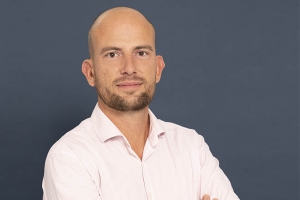
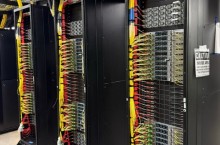
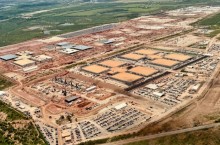

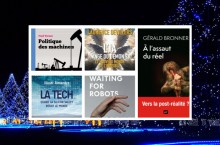
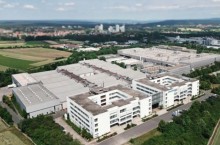
Commentaire
INFORMATION
Vous devez être connecté à votre compte CIO pour poster un commentaire.
Cliquez ici pour vous connecter
Pas encore inscrit ? s'inscrire